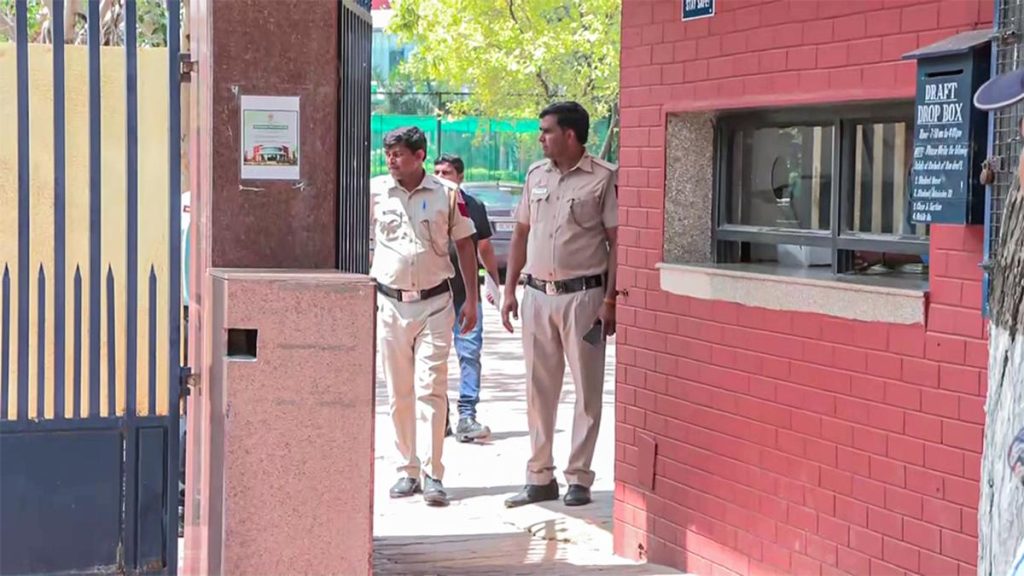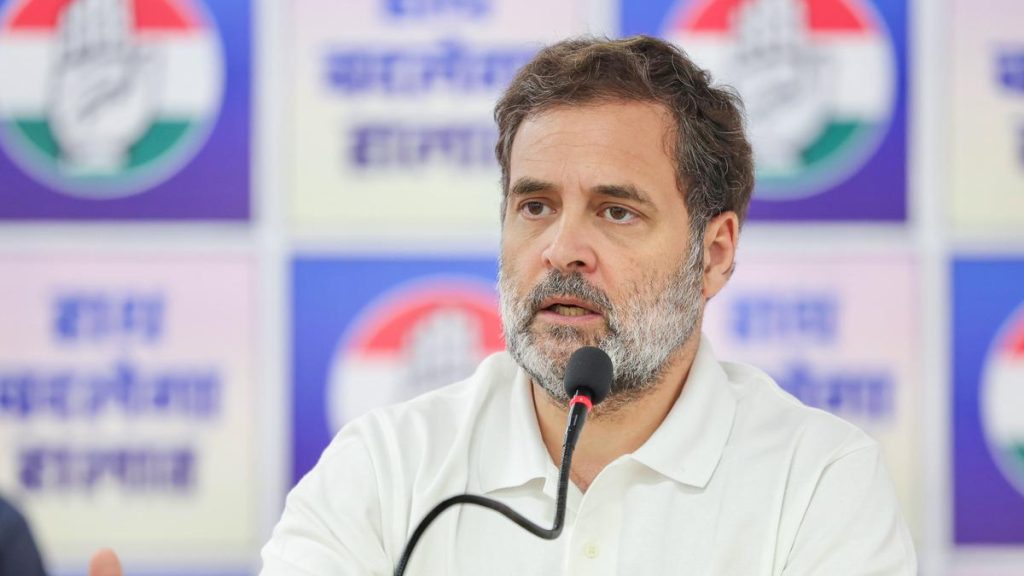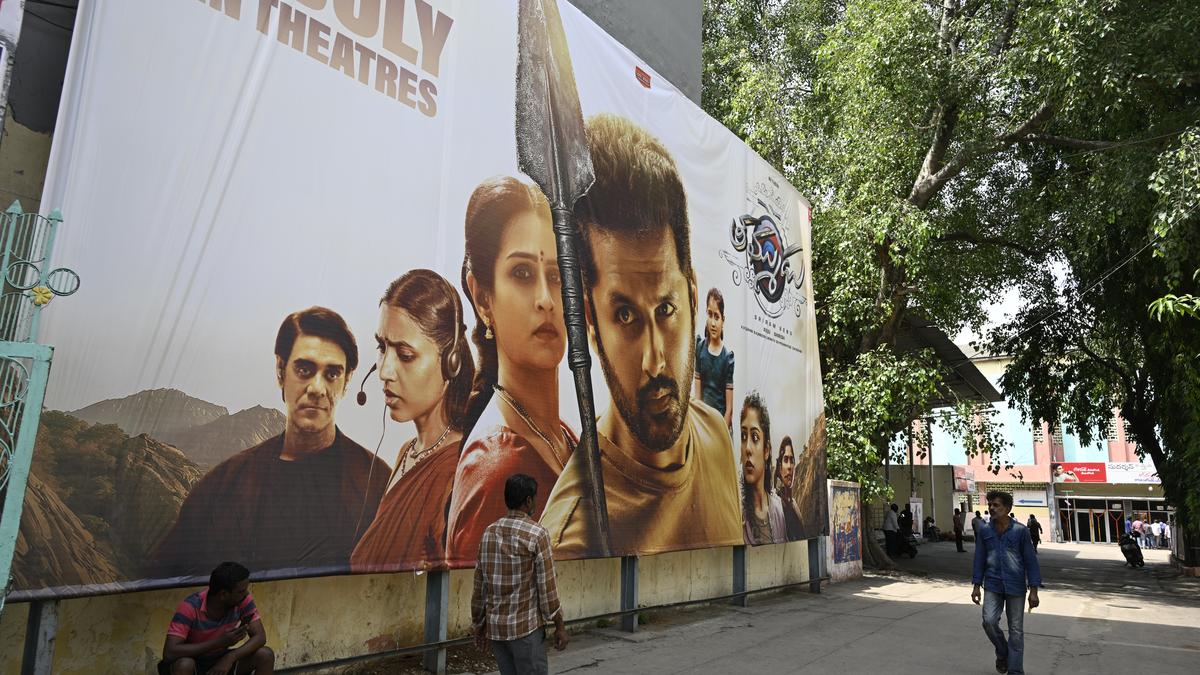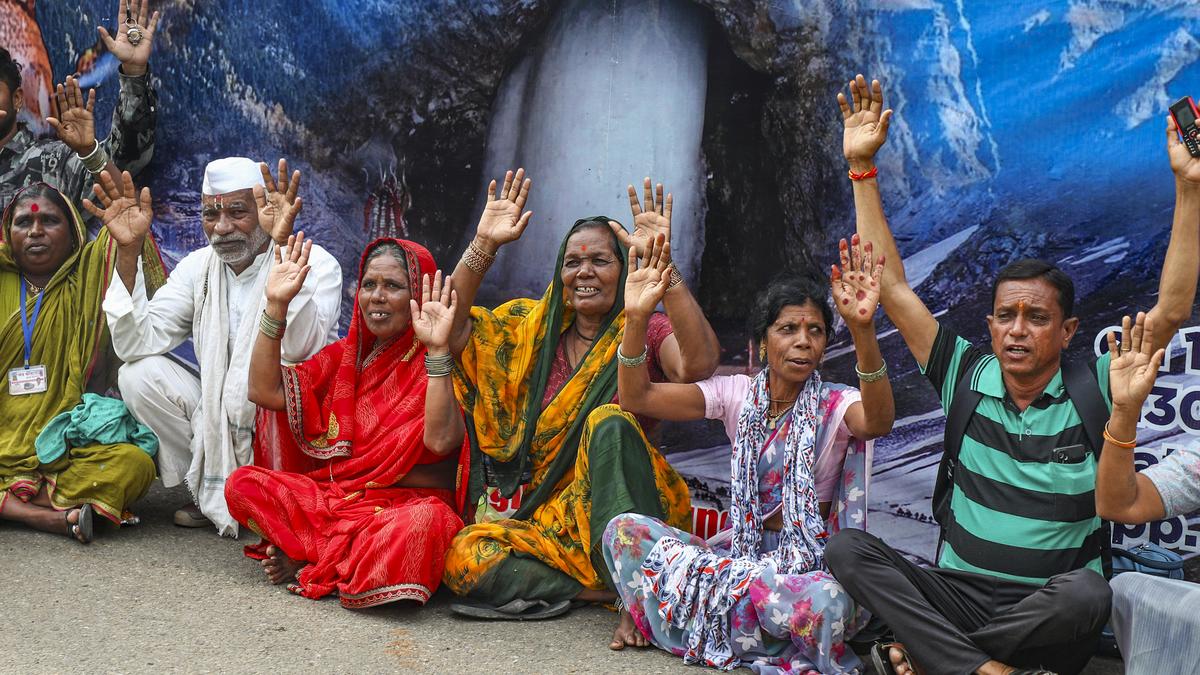Now Reading: Reviving a ‘Ghost River’: A Journey to Restoration
-
01
Reviving a ‘Ghost River’: A Journey to Restoration
Reviving a ‘Ghost River’: A Journey to Restoration
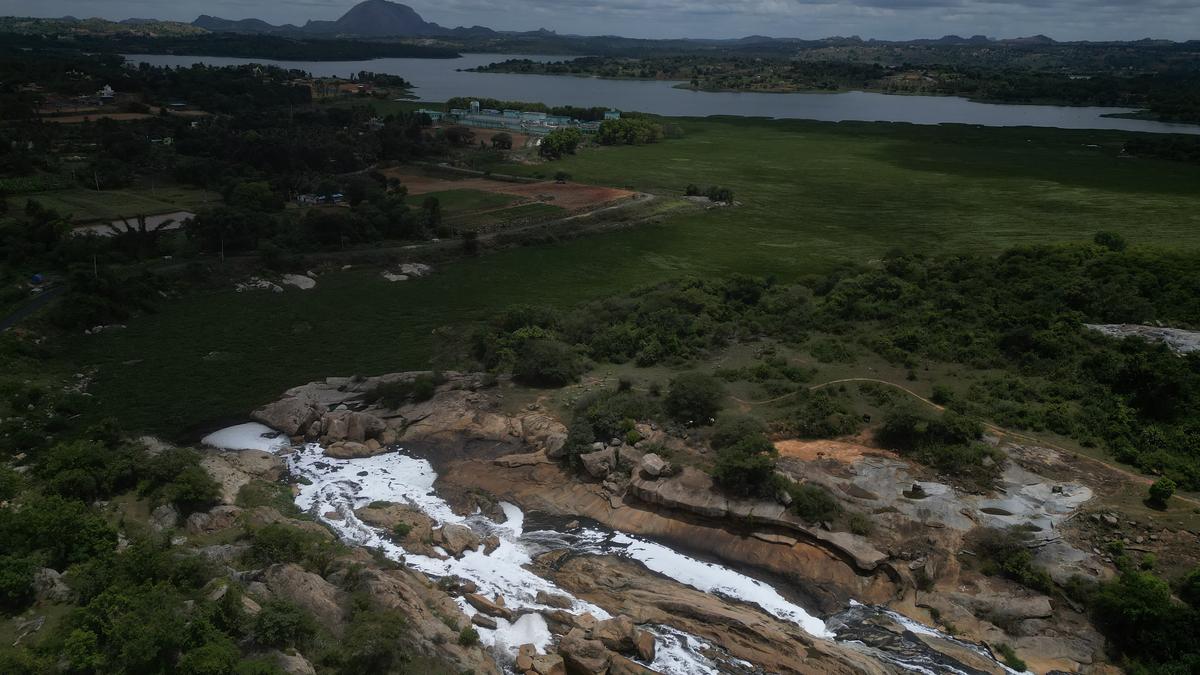
Rapid summary
- Arkavati River Overview: Originates at Nandi Hills, traverses 170 km through four districts (Chickballapur, Bengaluru Rural, Bengaluru Urban, and Bengaluru South), with tributaries Kumudavati, Suvarnamukhi, and Vrishabhavati. Once a primary drinking water source for Bengaluru from 1936 to 2000.
- Current State: The river is heavily polluted due to urbanization and industrial growth. water quality tests show dangerous levels of pollutants that exceed national and international standards. Municipal sewage and untreated industrial wastewater significantly degrade its condition.
- Reasons for Decline:
– Loss of natural flow due to unchecked groundwater extraction upstream.
– Agricultural shifts driven by eucalyptus cultivation supported by government incentives.
– Construction of numerous check dams disrupting surface flows without regulatory oversight on groundwater withdrawal.
- Government Action: Karnataka announced a high-level expert committee in June 2025 under a public-private partnership (PPP) model aimed at rejuvenating the Arkavati over its initial stretch (54 km from Nandi Hills to T.G. Halli). BWSSB’s study acknowledges multi-stakeholder involvement but raises concerns over insufficient jurisdictional control (15% coverage).
- Expert Opinions on Rejuvenation Feasibility:
– Sharachchandra Lele questions if true natural rejuvenation is absolutely possible given historic usage patterns and current challenges such as urban demand pressures or irrigation needs versus pollution mitigation priorities.
– pollution testing results reveal contamination persists across untouched remote zones near some “threshold misinformation zones,” visible sore public-lax opticudies down runoff abandon tranches showcases perennial.” simplify


